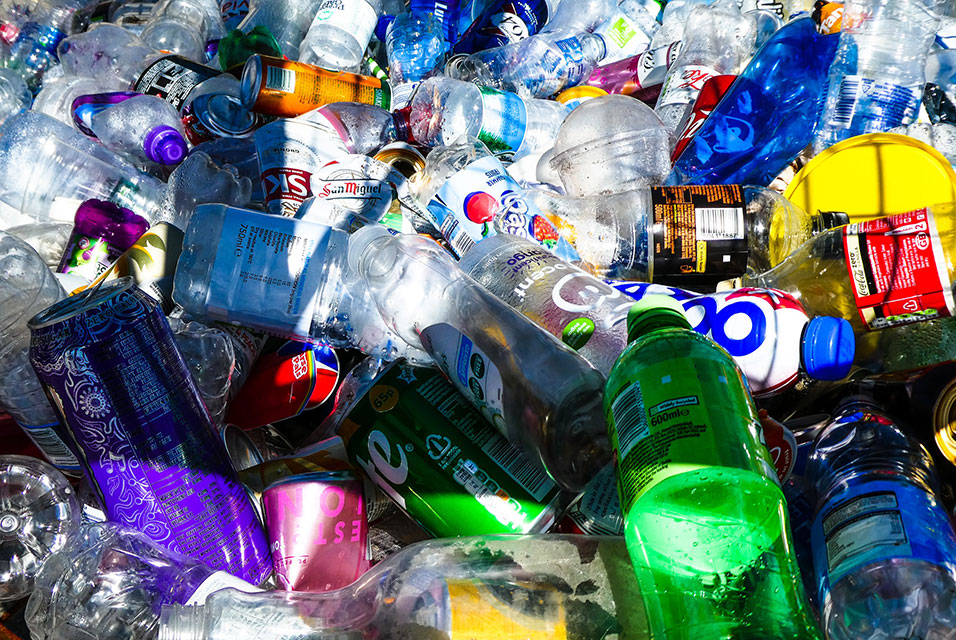WASHINGTON, DC.- Plastic is ubiquitous in people’s lives. Yet, when plastic-containing items have fulfilled their missions, only a small amount is recycled into new products, which are often of lower quality compared to the original material. And, transforming this waste into high-value chemicals requires substantial energy. Now, researchers reporting in
ACS’ JACS Au have combined a ruthenium-carbon catalyst and mild, lower-energy reaction conditions to convert plastics used in bottles and other packaging into fuels and chemical feedstock.
Global production of sturdy, single-use plastic for toys, sterile medical packaging, and food and beverage containers is increasing. Polyolefin polymers, such as polyethylene and polypropylene, are the most common plastics used in these products because the polymers’ molecular structures — long, straight chains of carbon and hydrogen atoms — make materials very durable. It’s difficult to degrade the carbon-to-carbon bonds in polyolefins, however, so energy-intensive procedures using high temperatures, from 800 to 1400 F, or strong chemicals are needed to break down and recycle them. Previous studies have shown that noble metals, such as zirconium, platinum and ruthenium, can catalyze the process of splitting apart short, simple hydrocarbon chains and complicated, plant-based lignin molecules at moderate reaction temperatures requiring less energy than other techniques. So, Yuriy Román-Leshkov and colleagues wanted to see if metal-based catalysts would have a similar effect on solid polyolefins with long hydrocarbon chains, disintegrating them into usable chemicals and natural gas.
The researchers developed a method to react simple hydrocarbon chains with hydrogen in the presence of noble- or transition-metal nanoparticles under mild conditions. In their experiments, ruthenium-carbon nanoparticles converted over 90% of the hydrocarbons into shorter compounds at 392 F. Then, the team tested the new method on more complex polyolefins, including a commercially available plastic bottle. Despite not pretreating the samples, as is necessary with current energy-intensive methods, they were completely broken down into gaseous and liquid products using this new method. In contrast to current degradation methods, the reaction could be tuned so that it yielded either natural gas or a combination of natural gas and liquid alkanes. The researchers say implementing their method could help reduce the volume of post-consumer waste in landfills by recycling plastics to desirable, highly valuable alkanes, though technology to purify the products is needed to make the process economically feasible.
The authors acknowledge funding from the U.S. Department of Energy’s Office of Energy Efficiency & Renewable Energy, Advanced Manufacturing Office and Bioenergy Technologies Office.










